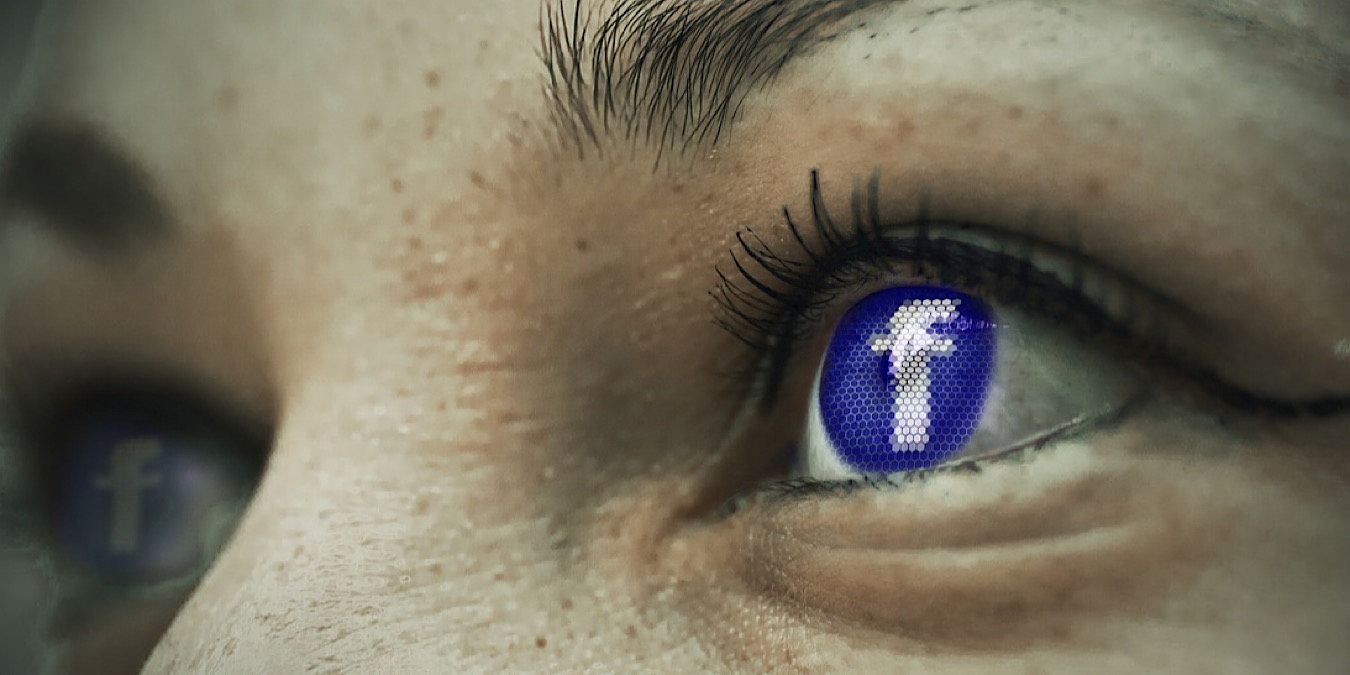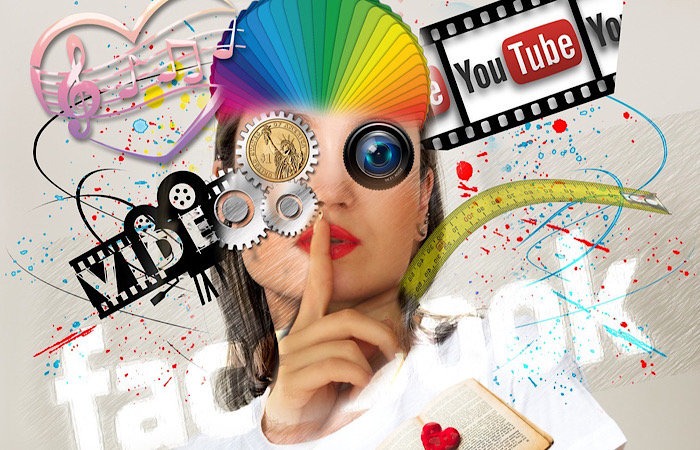
There’s been a push by many companies to be the ones who finally make their brand of smart glasses a household name. Google Glass was of course the most well-known, but the consumer version just never took off the way everyone assumed it would.
Since then, many companies have been hoping their smart glasses would be the ones to do it. Facebook wants to be the company that strikes gold with smart glasses. They teamed up with Luxottica, the company behind Ray-Ban, to help them develop the glasses. Don’t expect them real soon, though.
Facebook/Ray-Ban Smart Glasses
Facebook announced in January they were shifting their workforce to create a team of around “a few hundred people” to specifically work on augmented reality hardware. This included the AR glasses that Facebook was known to be working on. It had been a priority of CEO Mark Zuckerberg’s for years.
Asked about a potential release date for their AR glasses, Facebook spokesperson Tera Randall said, “This is still a very long-term project for us and is on our 10-year roadmap.” However, now that they’ve teamed up with Luxottica, the time frame seems to be pushed ahead, as now they’re saying the glasses could see a release in three years.
Code-named Orion, Facebook’s smart glasses have seen enough problems through their development. This is why they paired up with Luxottica for help, although it’s unknown what specific help they were looking for.

The goal of the smart glasses is for them to be an alternative to a smartphone. Not that you wouldn’t need a phone anymore, but you just wouldn’t need to be checking it as often, similar to the way smart watches are often used. Notifications, text messages, and the like would appear in a small display in the lens.
Additionally, the glasses may also work with voice, perhaps even the voice assistant that Facebook has been working on. This would allow the smart glasses to do even more, such as make calls and do quick searches.
Of course, if these are Facebook smart glasses, you can bet there will be some type of functionality that allows the users to receive Facebook notifications and messages.
Does Slow and Steady Win the Race?
While they aren’t taking the initial ten-year window to develop the smart glasses, the Facebook/Ray-Ban product is expected to take at least three years. The other companies seemed to have been racing to the finish line, and while they did reach it, their products just haven’t really caught on with consumers.
Maybe Facebook not rushing the glasses out the door will allow them to be more successful once they finally do hit the market.
Why do you think smart glasses haven’t really caught on with consumers yet? Do you think the Facebook/Ray-Ban smart glasses will finally be a success? Let us know your thoughts in the comments below.







